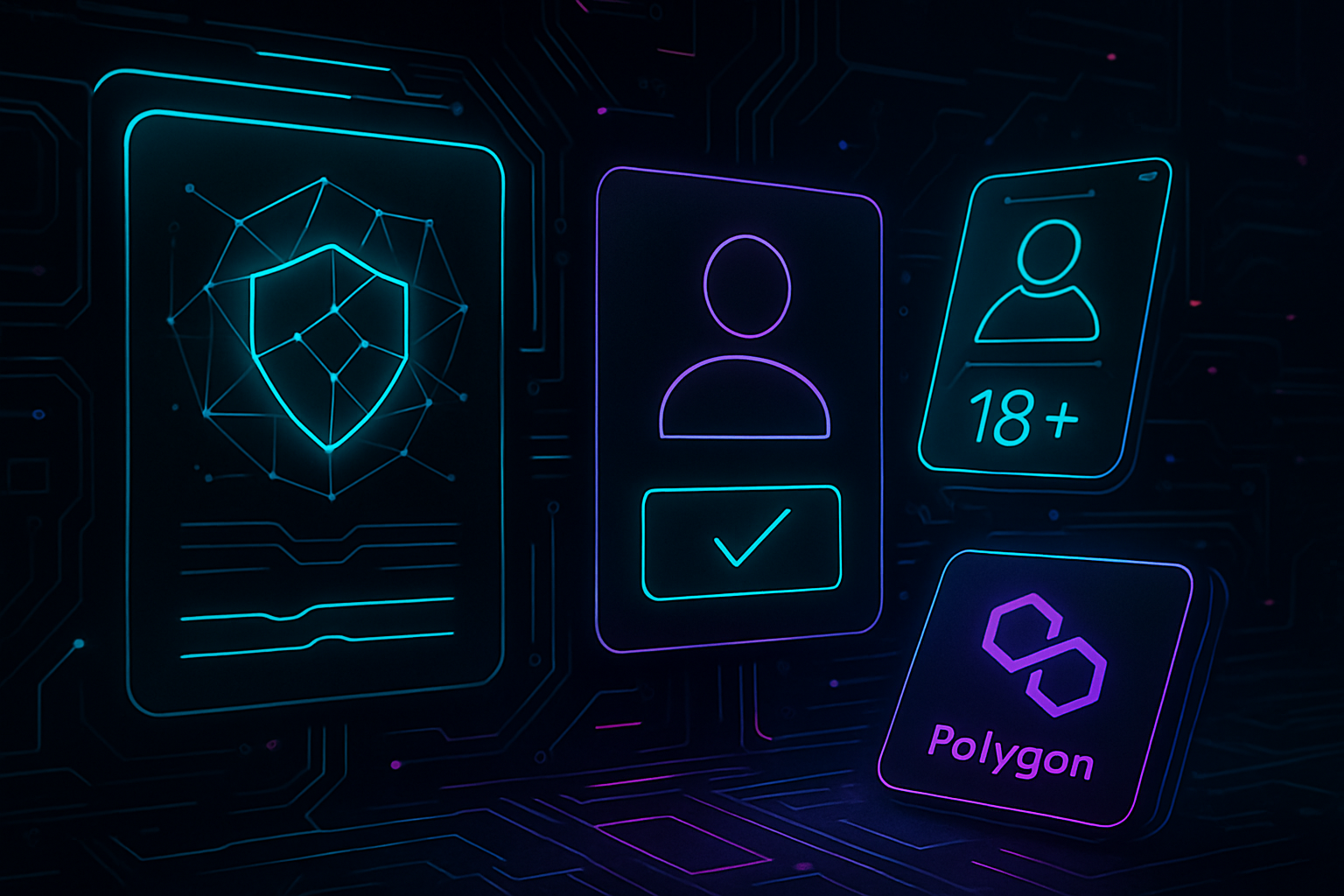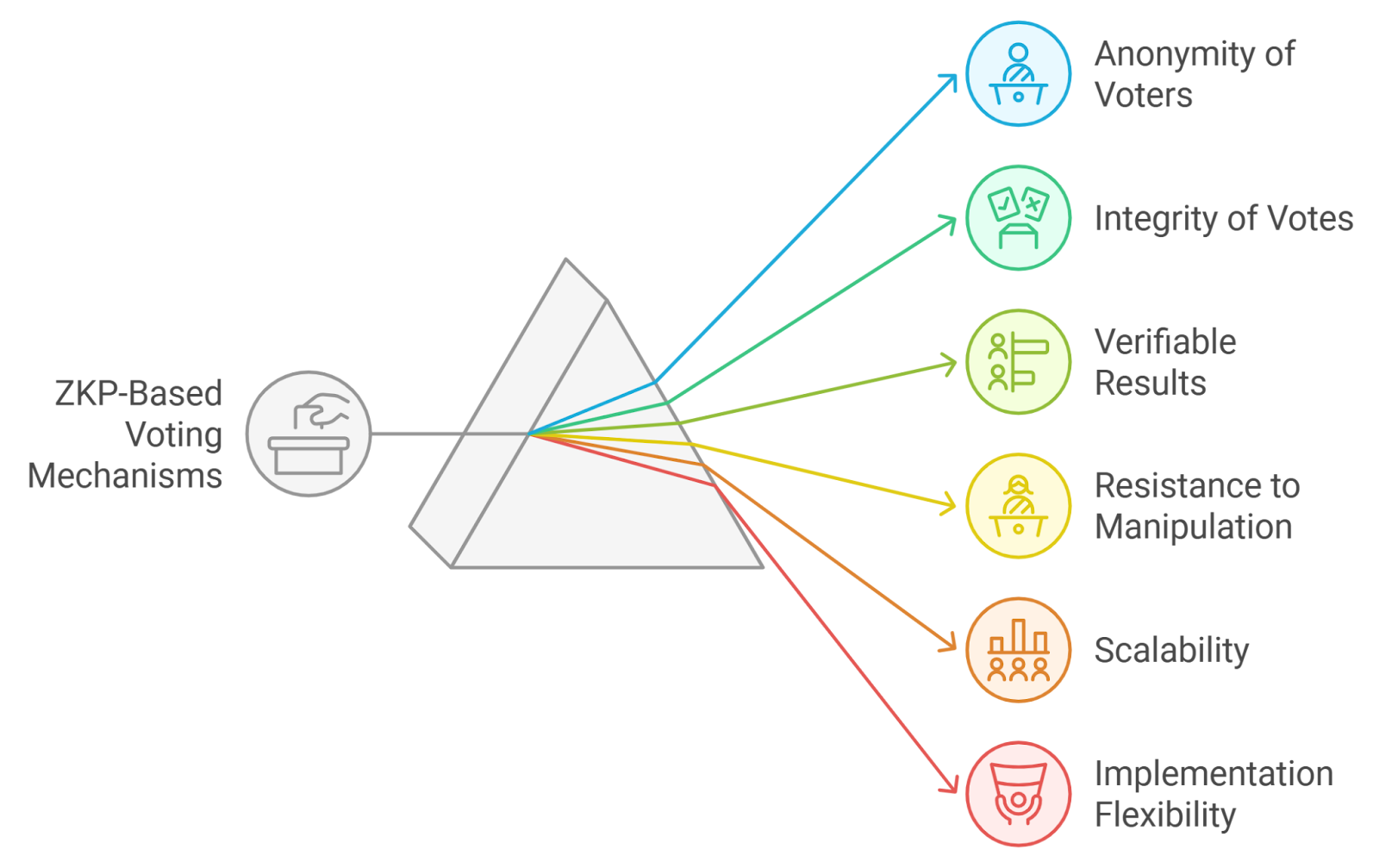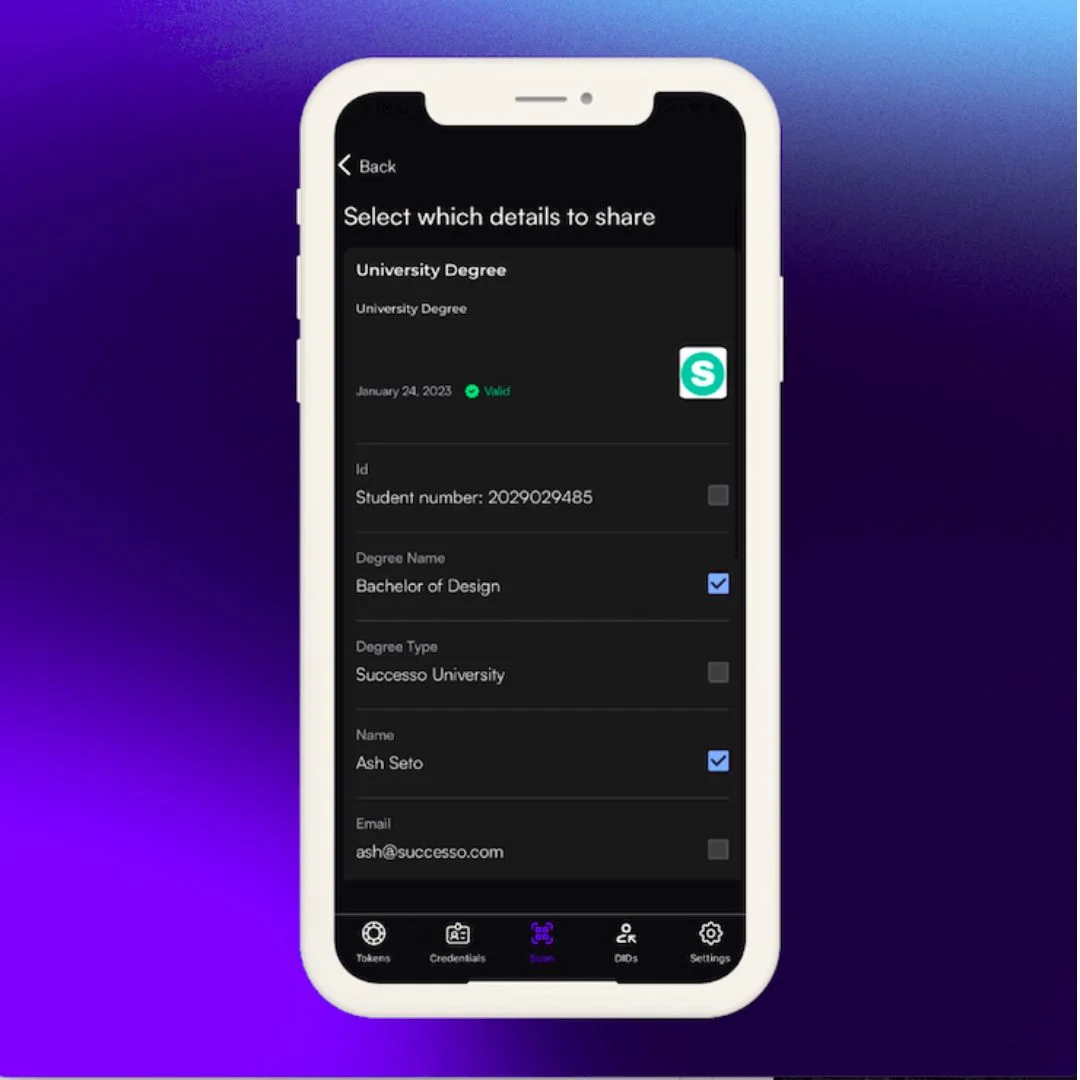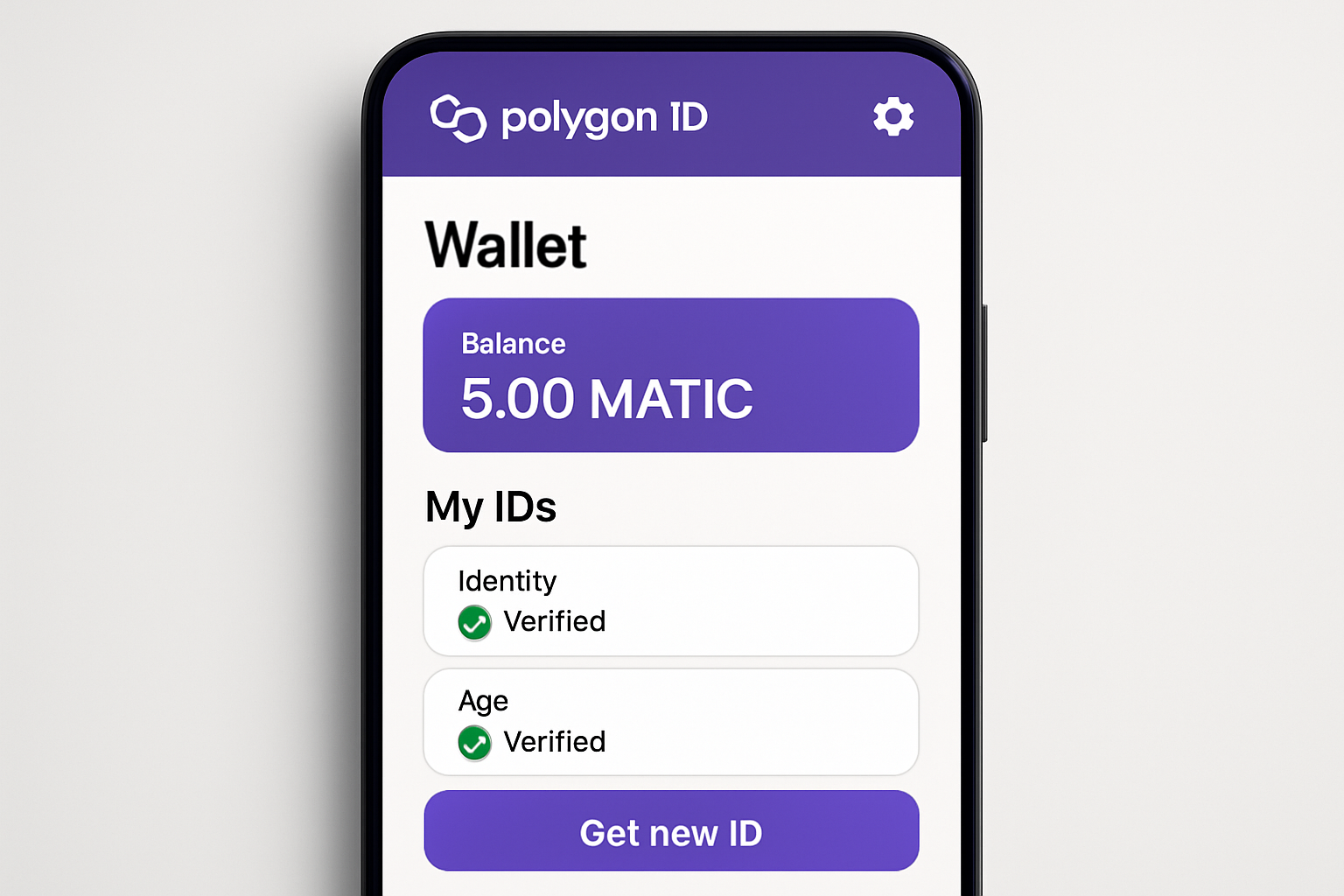
In the evolving landscape of digital identity, zero-knowledge proofs (ZKPs) have emerged as a transformative technology, redefining how privacy is protected within decentralized identity wallets. Unlike traditional authentication methods that require users to hand over sensitive personal data, ZKPs enable individuals to prove specific facts about themselves without exposing any underlying information. This cryptographic innovation is at the heart of next-generation decentralized identity solutions, empowering users with unprecedented control and privacy.

The Power of Selective Disclosure via Zero-Knowledge Proofs
At the core of ZKP-enabled decentralized identity wallets lies selective disclosure. This mechanism allows users to reveal only the minimum amount of information necessary to satisfy a verifier’s requirements. For example, instead of sharing an entire government-issued ID or a complete profile, users can cryptographically prove a single attribute, such as their age or residency status, without revealing any other details. This is not just an incremental improvement; it’s a paradigm shift for privacy-preserving digital identity.
Selectively disclosing attributes with ZKPs ensures compliance with strict data minimization standards like GDPR while dramatically reducing the attack surface for potential data breaches. The result is a system where trust can be established without unnecessary exposure, fundamentally changing how credentials are shared online.
How ZKPs Boost Privacy in Decentralized ID Wallets
-

Selective Disclosure via Zero-Knowledge Proofs (ZKPs): ZKPs empower users to prove specific identity attributes—such as citizenship or age—without revealing their entire set of credentials. This cryptographic technique minimizes data exposure and supports compliance with privacy regulations like GDPR, enabling secure, privacy-preserving interactions in decentralized identity ecosystems.
-

Age Verification for Online Services Without Revealing Birthdate: With ZKPs, users can cryptographically prove they are above a required age threshold (e.g., 18+) to access age-restricted online services, without disclosing their actual birthdate or other personal details. This approach protects sensitive information while fulfilling verification requirements.
-

Polygon ID Wallet: Polygon ID Wallet is a leading decentralized identity wallet that leverages ZKPs to enable self-sovereign identity management. It allows users to selectively share verified credentials and attributes—such as age or residency—while maintaining full control over their personal data and privacy.
Real-World Use Case: Age Verification Without Revealing Birthdate
A compelling illustration of ZKP-driven privacy is age verification for online services. Traditionally, proving you’re over 18 or 21 requires disclosing your full birthdate or even uploading an entire document, data that can be misused if compromised. With zero-knowledge proofs in identity wallets, you can now prove eligibility (such as being above a certain age threshold) without ever revealing your actual birthdate or any other irrelevant personal details.
This capability is especially critical in sectors like gaming, social media, and financial services where regulatory compliance intersects sharply with user privacy expectations. By leveraging ZKPs for such targeted attestations, organizations not only protect users but also reduce their own liability around sensitive data handling.
Polygon ID Wallet: A Leading zk Identity Wallet in Practice
The theory behind zero-knowledge proofs finds concrete expression in solutions like the Polygon ID Wallet. As one of the most advanced zk-enabled DID wallets available today, Polygon ID harnesses ZKPs to let users manage verifiable credentials and execute selective disclosures directly from their mobile device. Whether proving citizenship status or accessing age-restricted content, Polygon ID empowers individuals to authenticate themselves across Web3 platforms while keeping their private information shielded from prying eyes.
This wallet exemplifies how decentralized identity systems are moving beyond concept into practical tools that deliver real privacy benefits at scale. By integrating zero-knowledge technology at its core, Polygon ID sets a benchmark for what modern digital identity should look like, secure, user-controlled, and fundamentally private.
Importantly, Polygon ID Wallet is designed with interoperability in mind, supporting a range of decentralized applications (dApps) and service providers. This means users can maintain a single, portable digital identity while interacting with multiple platforms, always retaining the ability to choose which attributes to disclose. The wallet’s user experience prioritizes simplicity: generating a zero-knowledge proof for age verification or other credentials is as straightforward as approving a request on your smartphone.
For organizations, adopting zk identity wallets like Polygon ID reduces the compliance burden associated with storing and managing sensitive personal data. Since the wallet itself never transmits unnecessary information to verifiers, risks of data leaks and regulatory infractions are significantly minimized. This aligns with evolving privacy-first regulations worldwide and demonstrates how zero-knowledge decentralized identity is reshaping trust models across industries.
Privacy-Preserving Digital Identity: What’s Next?
The integration of zero-knowledge proofs into decentralized identity wallets signals a shift toward privacy-preserving digital identity as the new standard. As more users demand control over their digital footprints and regulators enforce stricter data minimization rules, the adoption of ZKP-powered solutions is expected to accelerate. Projects like Polygon ID are leading this charge by demonstrating that robust privacy need not come at the expense of usability or compliance.
Looking ahead, we can anticipate further innovation in areas such as cross-chain credential portability and advanced non-interactive ZKPs that enable even smoother authentication flows. The convergence of self-sovereign identity principles with zero-knowledge technology will continue to empower individuals, making privacy by design not just an ideal but a practical reality for millions.
Key Takeaways
- Selective Disclosure via Zero-Knowledge Proofs enables users to prove specific facts without exposing full credentials.
- Age Verification for Online Services Without Revealing Birthdate showcases practical privacy gains in everyday use cases.
- Polygon ID Wallet stands out as a leading example of zk-enabled DID wallets delivering scalable, real-world privacy benefits.
The future of digital identity is being shaped by technologies that put users first, ensuring privacy, security, and control remain at the forefront. For those seeking to explore these innovations further, see our comprehensive guide on how zero-knowledge proofs power privacy in decentralized identity wallets.






